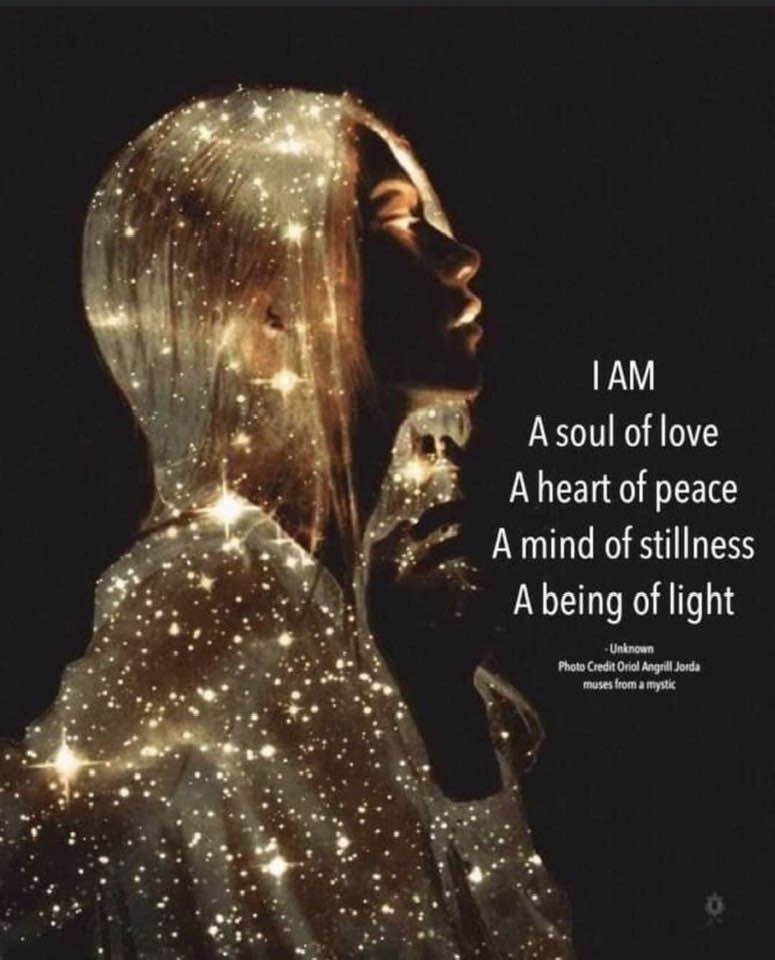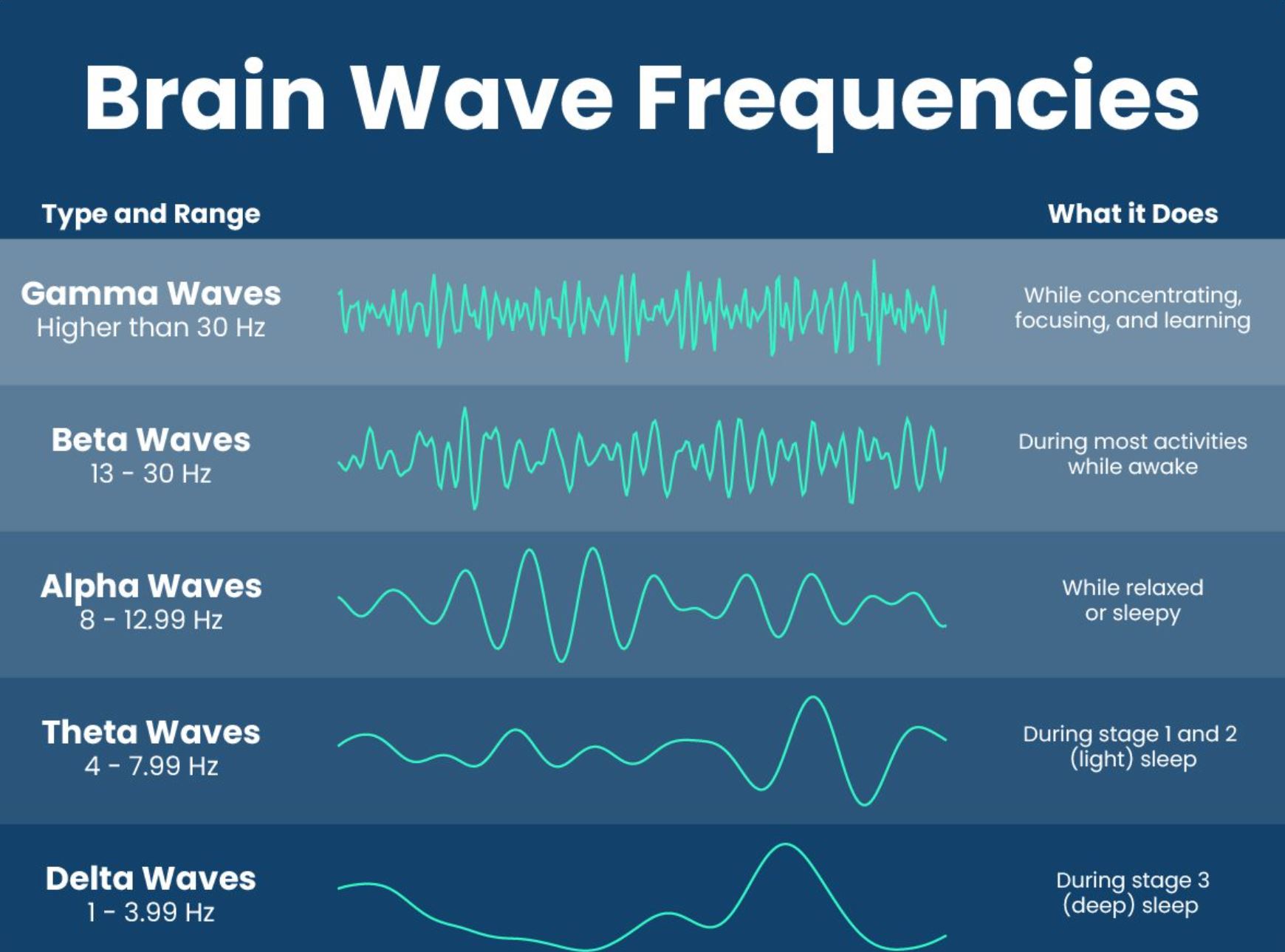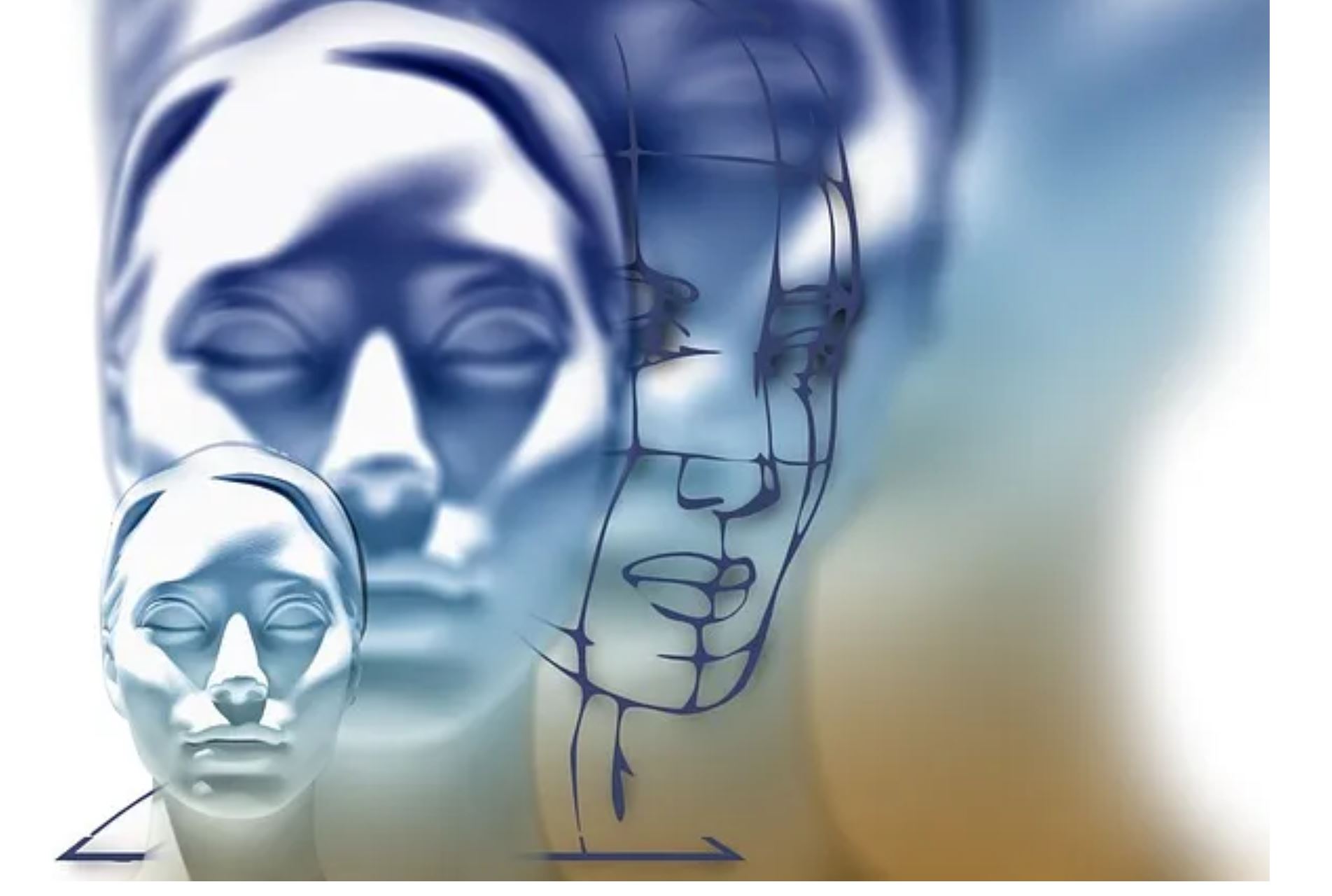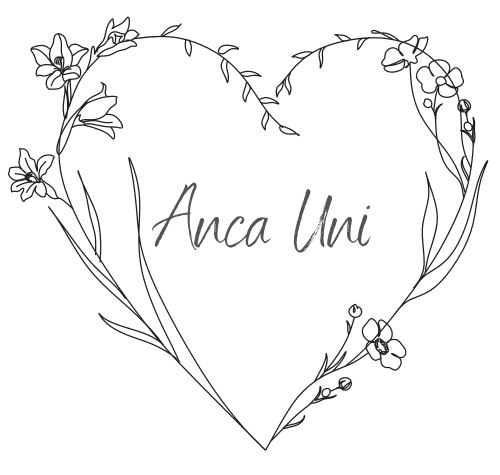
Other
Journaling
Journaling is the practice of writing down your thoughts, feelings, and experiences in a journal or notebook. It can be a tool for self-reflection, emotional processing, and personal growth. There are many different ways to journal, and it can be adapted to suit individual preferences and goals. Some common types of journaling include: 1. Daily […]
Read More
Other
Visualizations
Visualization, also known as mental imagery, is a technique used to create or recreate images or scenes in the mind’s eye. It involves using mental images to stimulate or recreate sensory experiences, such as sights, sounds, smells, tastes, and touch. Visualization is often used as a tool for personal growth, self-improvement, and achieving specific goals. […]
Read More
Other
Affirmations
Affirmations are positive statements that are used to help individuals focus on and reinforce positive beliefs, thoughts, and emotions. They are often used as a tool for self-improvement and personal growth. Affirmations can be used to address a variety of issues, such as low self-esteem, negative self-talk, anxiety, stress, and depression. By repeating positive affirmations […]
Read More
Other
Mirror Work
Mirror work is a form of self-improvement and self-healing practice that involves looking at oneself in a mirror and using positive affirmations to improve self-esteem and self-acceptance. The practice was popularized by Louise Hay, a motivational author and speaker, who advocated using affirmations and positive self-talk to cultivate a more positive self-image and overcome negative […]
Read More
Uncategorized
Inner Child
The term “inner child” refers to the vulnerable, innocent, and playful part of ourselves that we carry within us from childhood. It represents our early experiences, emotions, and beliefs that shape our sense of self and influence our behavior, thoughts, and emotions throughout our lives. Our inner child can be wounded or neglected if we […]
Read More
Other
Relationships
Spirituality
Embracing the Shadow
The term “shadow” refers to the hidden or unconscious parts of our personality. These are often aspects of ourselves that we may feel uncomfortable with, deny, or repress because they do not fit with our conscious self-image or societal expectations. The shadow can include our darker impulses, such as anger, envy, greed, and shame, as […]
Read More
Uncategorized
Brain waves
Brain waves are electrical patterns of activity generated by the neurons in the brain. These electrical signals are measured using an electroencephalogram (EEG), which records the voltage fluctuations caused by the firing of neurons. There are different types of brain waves that can be observed on an EEG, and they are classified based on their […]
Read More
Uncategorized
Thoughts about Addiction
Addiction is any habitual psychological and/or physiological dependence on a substance, thought, behavior or practice that one can’t intentionally control. Typical addictions: drugs, alcohol, food, sex, smoking, exercise, gambling, busying ourselves, shopping and/or work. Fortunately, once we see that we’re addicted to so many harmful thoughts and actions, we can change these patterns. Unfortunately, we […]
Read More
Other
What are the Parts?
In the context of therapy, “parts” refers to different aspects or sub-personalities of an individual’s personality. Parts theory suggests that each person has multiple parts that represent different aspects of their personality, such as their beliefs, emotions, behaviors, and memories. These parts can be conflicting, leading to inner conflict and difficulty making decisions or feeling […]
Read More
Other
What is CBT (Cognitive Behavioral Therapy)?
CBT stands for Cognitive Behavioral Therapy, which is a type of psychological therapy that aims to help individuals change their negative thought patterns and behaviors to improve their mental health and well-being. CBT is based on the idea that our thoughts, feelings, and behaviors are interconnected and that negative thoughts and behaviors can contribute to […]
Read More